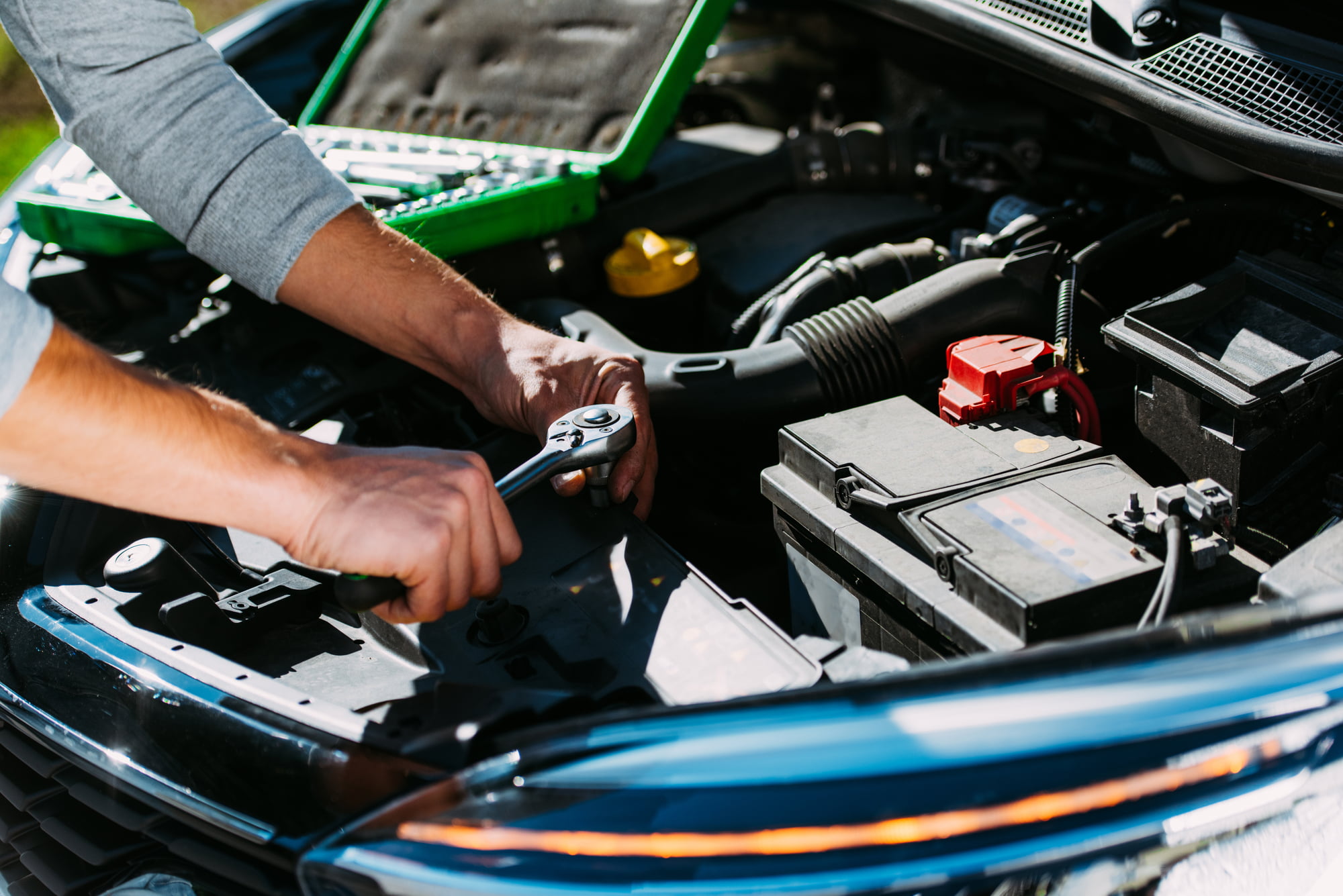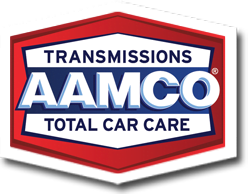There’s a list of regular maintenance services that help keep your vehicle running at its best. To keep the engine operating efficiently, it’s important to schedule regular tune-up services. Depending on your vehicle, a tune-up should be done around every 10,000-25,000 or more miles, always check your vehicle manual for the recommended interval. This impacts the efficiency of the engine, especially fuel combustion, and ultimately your car’s overall performance. Let’s take a closer look at what happens during a tune-up and how you can tell your vehicle is due — or overdue — for this important maintenance service.
What Happens During a Tune-Up Service?
During a tune-up, your mechanic will inspect each component related to fuel combustion. This helps ensure fuel is properly delivered to the engine and fully ignited at the correct time. Inside the engine, fuel injectors spray fuel into the combustion chambers so that the spark plugs can ignite that mixture at the right time. This generates power to keep the engine running and allow for proper acceleration.
Overall, key components your mechanic will inspect include the fuel injectors, spark plugs, wires, fuel and air filters, belts, and hoses. Aside from replacing worn parts, your mechanic may also make adjustments to optimize efficiency, including the idle speed.
How Can You Tell It’s Time for a Tune-Up?
Knowing what happens during a tune-up may also give you an idea of which signs can indicate it’s time to schedule this maintenance service. If you track your gas mileage, it can give you a good idea of when a tune-up is due — but there are other signs to look out for, too. Changes in your car’s performance, including poor acceleration, difficulty starting, or engine stalling can all tell you it’s time to schedule a tune-up.

The Fuel Economy Takes a Dip
Unless you track your car’s gas mileage each time you fuel up, you may not be able to catch this sign. However, if your car’s fuel economy dips 10% or more, it’s a clear sign to schedule a tune-up service. As fuel economy drops, it means more fuel is being sent into the engine than is necessary, whether it’s being fully combusted or is being left unburned.
Trouble Starting the Engine
Without proper fuel combustion, it’s difficult to start the engine. If you’re having trouble starting your car, it could mean you need a new battery, have fuel system issues, or are dealing with improper combustion. The good news is that a tune-up service will help solve any of those problems. Whether it’s a component that’s directly serviced during a tune-up or is otherwise identified during the service, your mechanic will be able to solve the problem.
The Engine Stalls
Several issues can lead to engine stalling, including bad spark plugs, a clogged fuel filter, or other fuel delivery and ignition problems. If you’ve ruled out that a bad battery, faulty alternator, or empty fuel tank isn’t behind your engine stalling, a tune-up service may help. This will help catch any issues around fuel flow and combustion that can make it difficult to keep the engine running.
Poor Acceleration
You won’t get far without proper fuel flow and ignition. This means you may notice a decline in your car’s acceleration power as you get closer to needing a tune-up. Slow acceleration can happen as a result of several problems, including faulty spark plugs or a clogged fuel filter. During a tune-up, your mechanic will be able to inspect and replace any worn or faulty components to help fuel delivery and combustion.
Shaking or Vibration in Idle
A rough idle can be annoying when you’re sitting at a red light. It may also be solved by a tune-up service. Faulty spark plugs, a clogged fuel filter, a dirty fuel injector, and other components could be the cause of your vehicle’s rough idle. Each of these parts will be inspected and potentially replaced during a tune-up, restoring a smooth ride.
Visit Your Local AAMCO Chester for a Tune-Up Service
Looking for the right mechanic to help with your next tune-up service? Visit your local AAMCO Chester and our expert mechanics will ensure each component related to fuel delivery, combustion, and overall engine efficiency is operating at its best. Schedule your appointment with us today!
